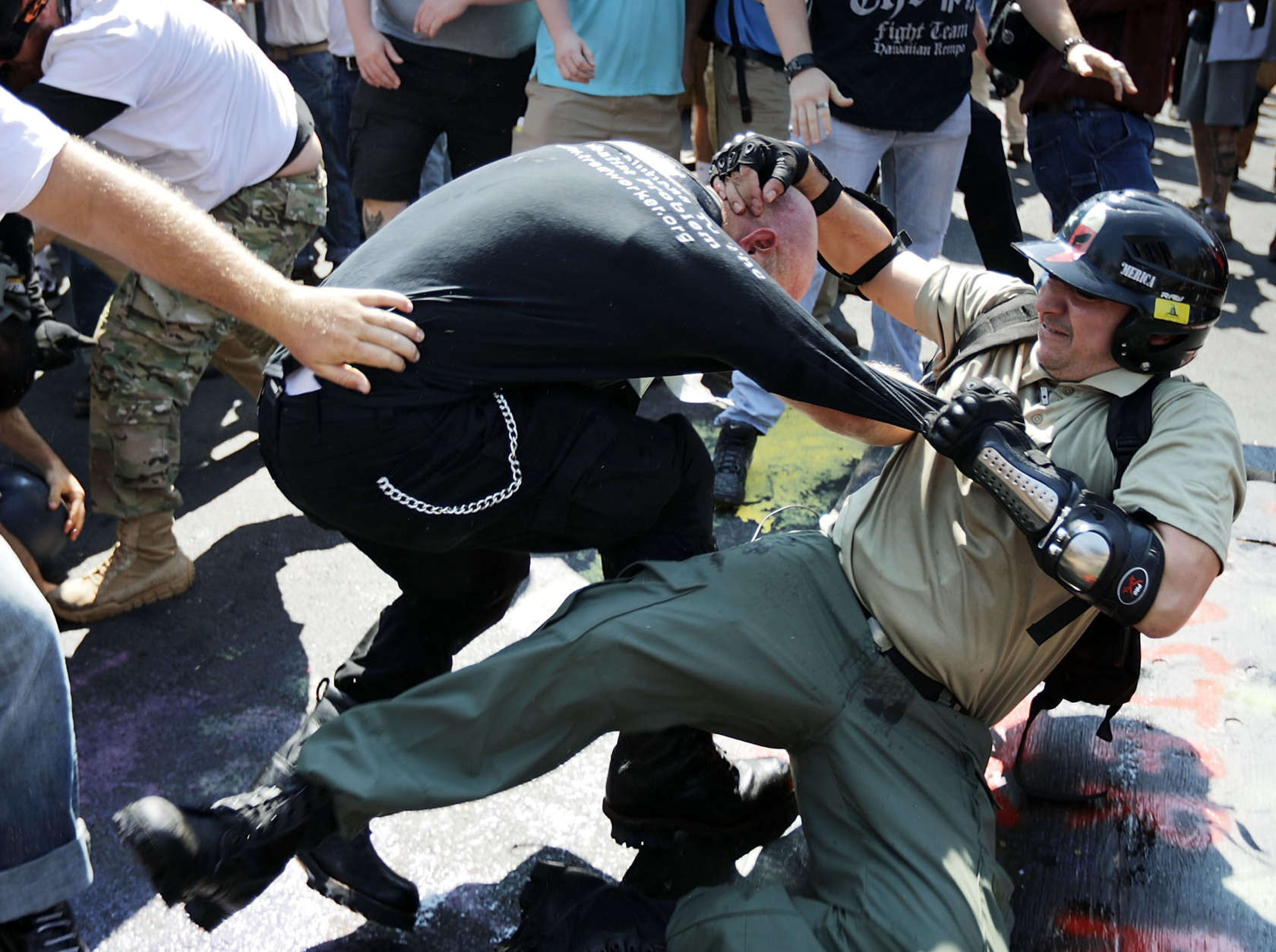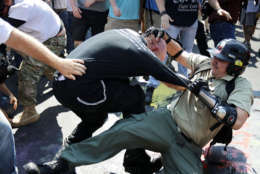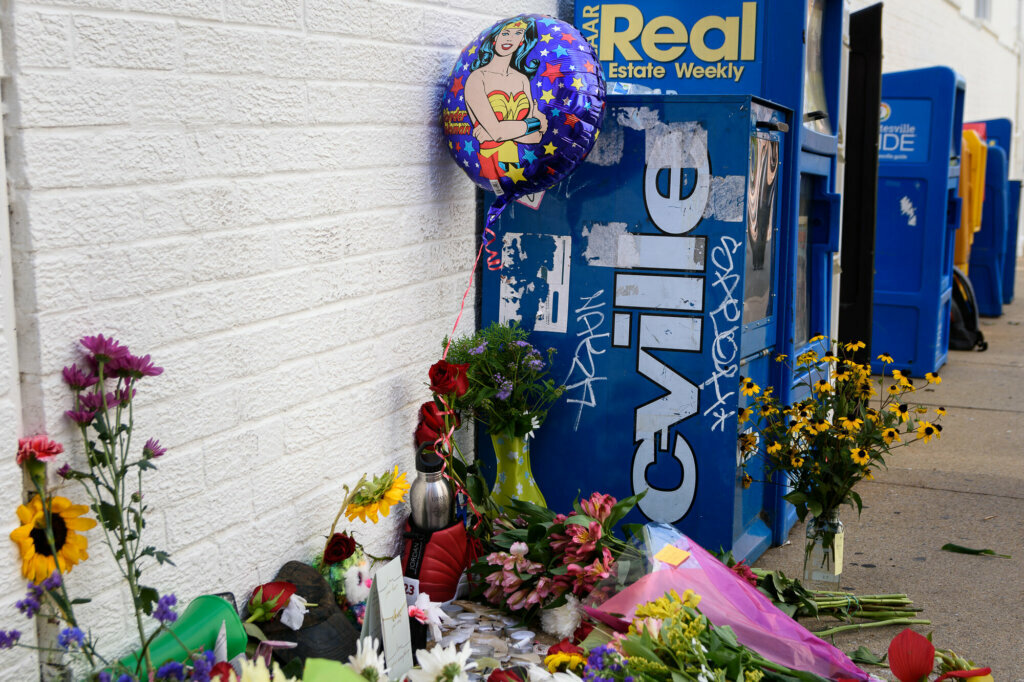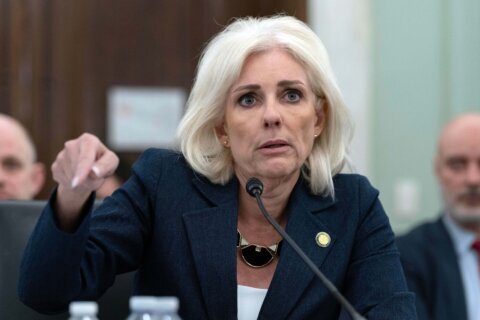

Three years after the Unite the Right rally brought thousands of white nationalists to historic Charlottesville, Virginia, culminating in James Alex Fields, Jr. purposely driving his car into a group of counter-protesters, the effects of the deadly day are still being felt.
Fields has been sentenced to life in prison for the murder of 32-year-old Heather Heyer, and injuring dozens more, as well as federal hate crimes. Several members of white supremacist groups have been sentenced to prison for their roles in the hate-filled violence.
Due to the national attention garnered by the protests, violence and loss of life in Charlottesville, police and local governments around the country have initiated investigations and discussions on how to prevent the same sort of incidents in their cities and states.
Courts have considered Aug. 12, 2017 in trying to prevent future disasters when people with opposing views gather to protest.
Yet, one thing remains the same.
“There’s a statue of Robert E. Lee, in the middle of Market Street Park, and there’s a statue of Stonewall Jackson in Justice Park,” said longtime Charlottesville reporter Hawes Spencer. “And, those are still standing.”
The Unite the Right protest was initially planned to protest the city’s plans to remove the statue of Lee, a Confederate general, from what was then known as Lee Park.
In the weeks leading up to the white nationalist rally, white supremacist groups seized the opportunity.
In May 2017, then-Charlottesville mayor Michael Signer had voted against removing the statue.
“I changed my opinion right after the Unite the Right rally, as many others did,” Signer told WTOP this week.
The tragedy of the 2017 event in Charlottesville, and then later, the election in 2019 of a majority-Democratic Virginia General Assembly — led to the passage of a law allowing Virginia localities to decide what to do with their memorials honoring key Confederate figures from the Civil War.
Last month, by a mayoral order, several Confederate statues were removed in Richmond. The decision came after weeks of protests prompted by the death of a Black man, George Floyd, at the hands of Minneapolis police. In some cities, the protesters took the statue removal into their own hands.
Floyd’s death has spawned weeks of protest and reflection on the issue of systemic racism in the U.S., prompting calls for police and legal reform
“The question remains for many, whether the removal that’s happening everywhere will be a beginning, rather than an end,” Signer said. “We have profound gaps and disparities in this country that will require real policy-making to overcome.”
Signer said the trouble Charlottesville had with preventing violence during that weekend three years ago has led to improvements that could prevent future tragedies.
“There are best practices that cities around the country are using, in light of Charlottesville, to keep protesters and counter-protesters safely separated,” said Signer. “And to prepare the police better to deal with these groups that come to cities, armed for conflict.”
Signer, the author of, “Cry Havoc: Charlottesville and American Democracy Under Siege,” said the nation is in the midst of change related to what can be done to protect public safety during protests.
“What you are seeing right now is an evolution in our First Amendment principles that allows courts and cities to bring in more evidence to allow for more pragmatic balancing of freedom of speech and public safety,” said Signer.
As tensions grew before the 2017 Unite the Right rally, Signer had attempted to move the rally to a location away from the historic downtown, to try to diffuse tensions, but was stymied by a lawsuit filed by the ACLU.
“At the time the courts frowned on doing anything that might interfere with so-called free speech events like this, absent specific evidence of a planned criminal act, which these groups are very careful to not provide,” said Signer.
Signer points to recent news from Richmond as evidence for how the events in Charlottesville changed the thinking of both elected officials and courts.
In January 2020, the Virginia Supreme Court upheld Gov. Ralph Northam’s ban on carrying firearms at a pro-gun rally on the grounds of the Capitol.
“I don’t think before Charlottesville he would have been allowed to do that under his emergency powers,” said Signer. “But he did, and the Supreme Court upheld him, because they have looked at things like Charlottesville, where the alternative — using these First Amendment black and white, very abstract principles — is often mayhem.”
On the third anniversary of the violence in Charlottesville, a collection of clergy are holding a “Take Back the Park” prayer vigil, at what’s now called Market Street Park.
“They want to take back that space from the white supremacists who had the exclusive use of it three years ago,” said Spencer. “And, they’ve actually asked the media and the police not to come.”
In the midst of the pandemic, with limitations on crowds, the interfaith prayer vigil at 6:30 p.m. Wednesday, will be livestreamed.
The City of Charlottesville announced, in a news release, that it will close car crossings of the Downtown Mall, all day, “to facilitate safe visitation and solemn remembrances at the site of the 2017 attack.”
Fields drove his Dodge Challenger down Fourth Street, crossing the Downtown Mall, before slamming into Heyer and others. During the weeks leading up to his hate crime trial, photo evidence revealed Fields’ bedroom was filled with Neo-Nazi paraphernalia.

Spencer said the city designated a section of the street as Honorary Heather Heyer Way, in late 2017.
“It’s often the scene of quiet reflection, with flowers placed at the scene of her death, and where all those other people were injured.”








